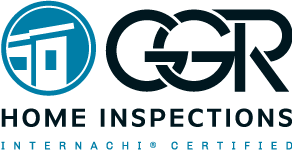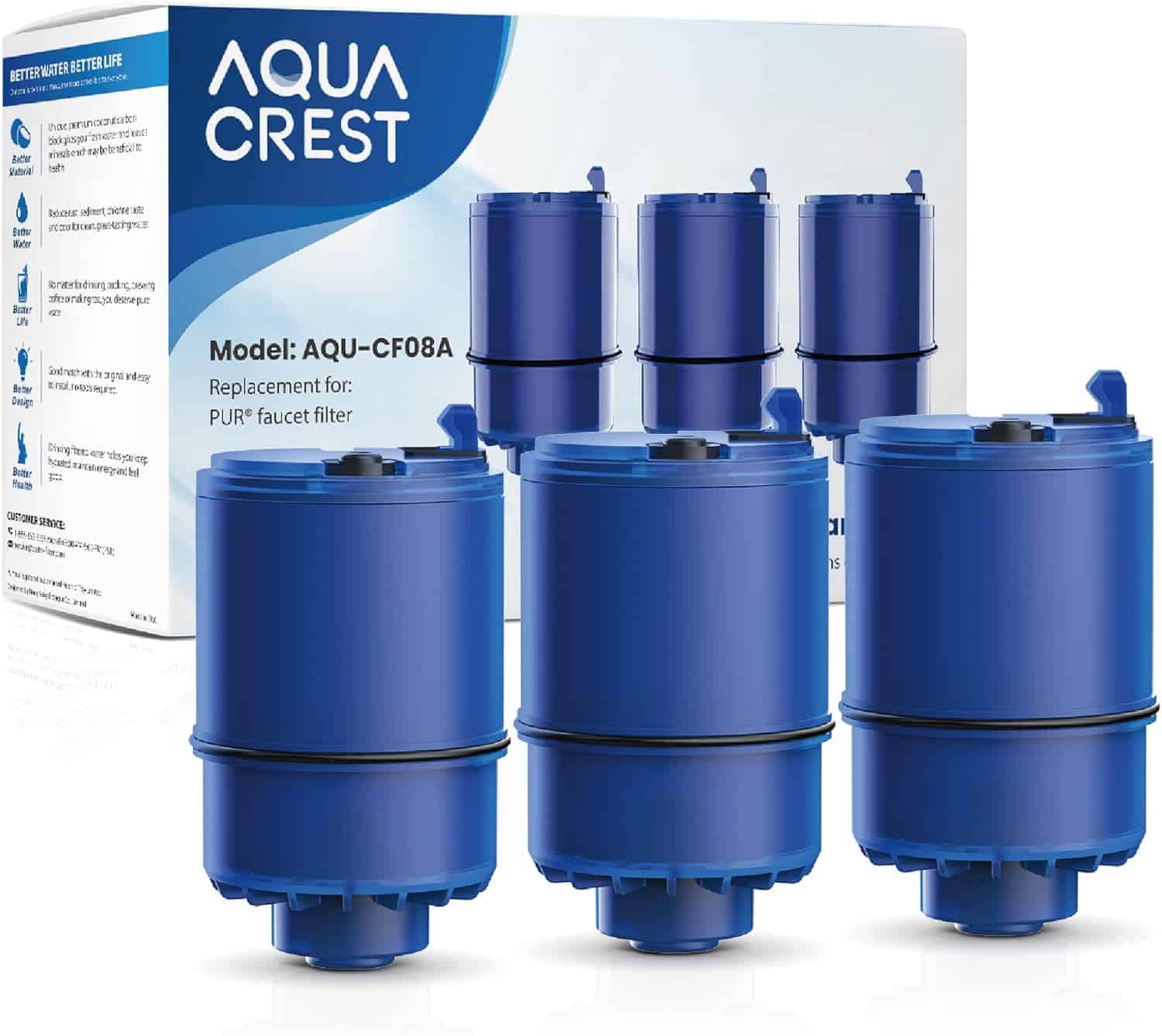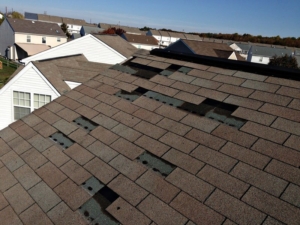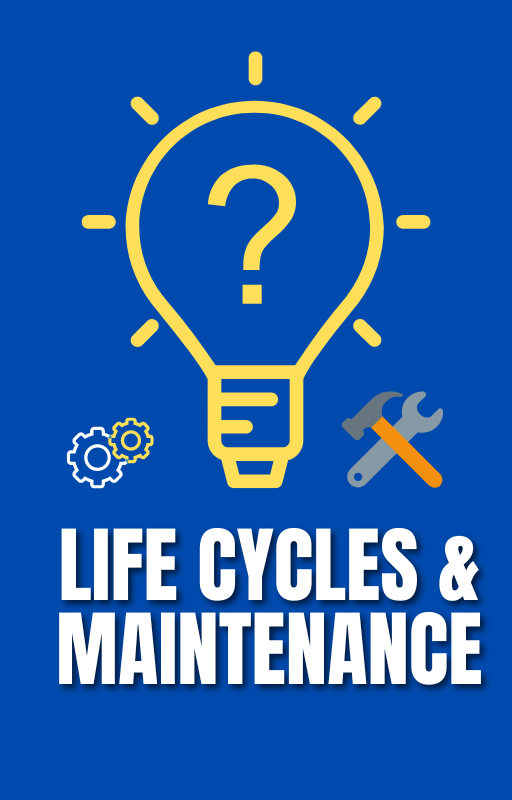Home Inspection Cost in Florida:
Factors, Averages, and Ways to Save
Are you planning to buy a house in the Sunshine State? Or perhaps you’re a homeowner looking to sell. Either way, a vital step in the process is a home inspection. This important task helps to uncover any hidden issues with the property before it changes hands. So, what’s the cost of a home inspection in Florida? While prices can vary, the average cost generally falls between $300 to $500. However, several factors can influence this, such as the size and age of the home. Don’t worry, this blog post will guide you through the various elements that impact the cost of a home inspection in Florida.
What is a Home Inspection?
When it comes to buying a home, one of the steps in the process is the home inspection. But what exactly is a home inspection and why is it so important? In this section, we will explore the ins and outs of home inspections, helping you understand their purpose and significance.
Why Do You Need a Home Inspection?
Purchasing a home is a significant investment, and a thorough home inspection can provide you with essential information about the property’s condition. It helps you identify any potential issues or defects that may not be immediately apparent during a casual walk-through. By uncovering these problems early on, you can make an informed decision and negotiate repairs or adjustments with the seller.
What Does a Home Inspector Look For?
During a home inspection, a certified professional examines various aspects of the property to assess its condition. Here are some key areas a home inspector typically evaluates:
- Structural Components: The home inspector will examine the foundation, walls, roof, and other structural elements to ensure they are solid and stable.
- Electrical Systems: This includes checking the wiring, outlets, switches, and circuit breakers for safety and compliance with building codes.
- Plumbing Systems: The inspector will inspect the plumbing system, including pipes, faucets, drains, and water heaters, to identify any leaks or potential issues.
- HVAC Systems: Heating, ventilation, and air conditioning systems are examined to ensure they are functioning properly and efficiently.
- Interior Features: The inspector will assess the condition of walls, ceilings, floors, windows, and doors, checking for any signs of damage or deterioration.
- Exterior Features: This includes inspecting the exterior of the house, such as the siding, foundation, roof, gutters, and drainage systems, to identify any potential issues.
- Insulation and Ventilation: The inspector will evaluate the insulation levels and ventilation within the home to ensure energy efficiency and prevent moisture-related problems.
- Appliances and Fixtures: If included in the inspection, the home inspector will test and assess the functionality of appliances, such as ovens, dishwashers, and water heaters.
What Won’t a Home Inspection Cover?
While a home inspection is thorough, it’s important to note that it has its limitations. Here are a few things that a home inspection typically won’t cover:
- Pest Infestations: A standard home inspection won’t include a detailed examination for pests such as termites or rodents. If you suspect any pest issues, it’s advisable to schedule a separate pest inspection.
- Environmental Hazards: Home inspections generally don’t include testing for environmental hazards such as asbestos, radon, mold, or lead paint. If you have concerns about these issues, specialized inspections may be necessary.
- Cosmetic Defects: While a home inspector may note visible cosmetic defects, their primary focus is on the functionality and safety of the home. Minor cosmetic issues like chipped paint or worn-out carpets are typically not the main concern during a home inspection.
- Hidden Issues: Some issues might not be immediately visible during the inspection, especially if they are hidden behind walls or inaccessible areas. However, experienced home inspectors can often identify signs of potential problems even if they can’t see them directly.
Why Are Home Inspections Important?
When it comes to buying or selling a home, there are many important factors to consider. One of the steps in this process is a home inspection. A home inspection is a comprehensive examination of a property’s condition, and it plays a vital role in ensuring the safety, peace of mind, and financial well-being of both buyers and sellers. In this section, we will explore the importance of home inspections by highlighting three key reasons: Ensuring Safety and Peace of Mind, Identifying Potential Issues, and Assessing Property Value.
Ensuring Safety and Peace of Mind
A home is more than just four walls and a roof; it is where memories are made and lives are lived. Therefore, it is essential to ensure that the place you call home is safe and secure. Home inspections provide an invaluable service by thoroughly examining the structure, electrical systems, plumbing, and other critical components of a property. This process helps identify any potential safety hazards, such as faulty wiring, leaky pipes, or structural weaknesses, that may pose a threat to the well-being of the occupants. By uncovering these issues, home inspections give homeowners the peace of mind they need to feel confident in the safety of their investment.
Identifying Potential Issues
Buying a home is a significant financial commitment, and it is crucial to be aware of any potential issues that may require repairs or renovations in the future. Home inspections allow buyers to have a clear understanding of the property’s condition before making a purchase. Licensed inspectors meticulously examine every nook and cranny, looking for signs of damage, wear and tear, or hidden problems that may not be immediately apparent. By uncovering these issues early on, buyers can make informed decisions and negotiate repairs or price adjustments with the seller. This knowledge empowers buyers to avoid unexpected expenses and make confident, well-informed choices about their investment.
Assessing Property Value
A home inspection not only identifies potential issues but also helps assess the true value of a property. By thoroughly examining the house and its systems, inspectors can provide an objective evaluation of its condition. This evaluation takes into account factors such as the age of the property, the quality of construction, and the overall maintenance. Armed with this information, buyers can accurately determine whether the asking price is fair and reasonable. Additionally, sellers can benefit from a pre-listing home inspection as it helps them understand the value of their property and allows them to address any issues that may arise during negotiations. Ultimately, a home inspection provides a comprehensive assessment of a property’s value, enabling both buyers and sellers to make informed decisions.
Factors Affecting Home Inspection Costs in Florida
When it comes to purchasing a home in Florida, getting a thorough inspection is crucial. A home inspection helps identify any potential issues or risks associated with the property, giving buyers peace of mind and ensuring they make an informed decision. However, the cost of a home inspection can vary depending on several factors. In this article, we will explore the key elements that affect home inspection costs in Florida.
Size and Age of the Property
The size and age of the property are significant factors influencing the cost of a home inspection. Larger homes generally require more time and effort to inspect thoroughly, as there are more rooms, systems, and components to evaluate. As a result, the overall cost of the inspection tends to be higher for larger properties. Similarly, older homes often have more wear and tear, which may necessitate a more extensive inspection, potentially increasing the cost.
Additional Structures on the Property
In addition to the main dwelling, many properties in Florida have additional structures like detached garages, sheds, or guesthouses. Including these structures in the inspection adds complexity and time to the process. The inspector will need to thoroughly assess each additional structure to ensure they meet safety standards and identify any potential issues. Consequently, the presence of additional structures can contribute to an increase in the overall cost of the home inspection.
Location within Florida
The location of the property within Florida can also impact the cost of a home inspection. Different regions may have varying market rates for inspection services. For instance, homes located in highly urbanized areas or popular tourist destinations might have higher inspection fees due to increased demand and cost of living. On the other hand, properties in more rural or less populated areas may have lower inspection costs since the market is less competitive.
Complexity of the Inspection
The complexity of the inspection itself plays a significant role in determining the cost. Some properties may have unique features or specialized systems that require additional expertise or equipment. For example, homes with swimming pools, extensive landscaping, or complex HVAC systems may require specialized inspectors or additional inspections, leading to higher costs. Furthermore, if the property has had previous issues or is in need of specialized tests, such as mold or radon testing, the complexity of the inspection will increase, impacting the overall cost.
Average Home Inspection Costs in Florida
When it comes to buying a home, one of the most important steps in the process is the home inspection. A thorough inspection can help identify potential issues with the property and give you peace of mind before making a purchase. However, it’s essential to understand the average costs associated with home inspections in Florida. In this article section, we will explore the average home inspection costs for single-family homes, condominiums and townhomes, and multi-unit properties.
Single-Family Homes
For single-family homes in Florida, the average cost of a home inspection typically ranges from $300 to $500. This price can vary depending on several factors, such as the size of the home, the age of the property, and the location within the state. Keep in mind that these figures are averages, and the actual cost may differ based on individual circumstances. However, it’s always a good idea to invest in a professional home inspection to ensure you’re making a sound investment.
Condominiums and Townhomes
If you’re considering purchasing a condominium or townhome in Florida, the average cost of a home inspection is usually slightly lower than that of single-family homes. On average, you can expect to pay between $250 and $400 for a comprehensive inspection. Similar to single-family homes, the size, age, and location of the property can influence the final cost. Remember that even though condominiums and townhomes may have shared structures and amenities, it’s important to have a thorough inspection to uncover any potential issues.
Multi-Unit Properties
For those interested in investing in multi-unit properties, such as duplexes or apartment buildings, the average home inspection cost in Florida can vary significantly. The range typically starts at around $600 and can go up to $1000 or more, depending on the complexity of the property and the number of units involved. With multi-unit properties, there are often additional considerations, such as evaluating the condition of common areas and ensuring compliance with local regulations. It’s advisable to hire an experienced inspector who specializes in multi-unit properties to ensure a comprehensive evaluation.
Additional Costs to Consider
When it comes to home inspections in Florida, the cost goes beyond just the initial inspection. There are additional inspections and tests that may be necessary depending on the specific circumstances of the property. In this section, we will explore some of these additional costs and why they are important to consider.
Additional Inspections
A standard home inspection may not cover all the bases. Depending on the age, location, or specific features of the home, additional inspections may be needed. For instance, if the property has a swimming pool, it would be wise to have a separate inspection specifically for the pool to ensure it is in good condition and meets safety standards. Likewise, if the home has a septic system, a septic inspection would be crucial to identify any potential issues.
Pest Inspections
Pests can be a persistent problem in Florida, so it’s important to consider a pest inspection as an additional cost. This inspection will assess the property for any signs of infestation, damage caused by pests, or conditions that may attract pests. Termites, for example, are a common issue in Florida, and a pest inspection will help identify any termite activity or damage. Addressing pest problems early on can save homeowners from costly repairs down the line.
Radon Testing
Radon is a colorless, odorless gas that can be harmful when present in high levels. It is a natural byproduct of the decay of uranium in the soil and can seep into homes through cracks or gaps in the foundation. Radon testing is crucial in Florida, as some areas have higher levels of radon than others. This additional test will determine if radon is present in the home and at what levels. If elevated radon levels are detected, mitigation measures can be taken to reduce the risk to occupants.
Mold Testing
Florida’s warm and humid climate provides the perfect conditions for mold growth. Mold can not only cause damage to the property but also pose health risks to the occupants. Therefore, mold testing is an important consideration. This test will determine if there is any mold present in the home and identify the type of mold. If mold is found, appropriate remediation measures can be taken to ensure a safe and healthy living environment.
Considering these additional costs and tests is essential to ensure a thorough inspection of the property. While they may add to the overall cost, they provide valuable information about the condition of the home and potential risks. By addressing any issues early on, homeowners can save themselves from expensive repairs or health-related problems in the future. So, when budgeting for a home inspection in Florida, be sure to factor in these additional costs for a comprehensive evaluation.
How to Save Money on Home Inspections in Florida
If you’re in the process of buying a home in Florida, you may already be aware of the importance of a home inspection. A thorough inspection can help uncover potential issues with the property and give you peace of mind before making one of the biggest investments of your life. However, home inspections can come with a price tag, and finding ways to save money without compromising on quality is always a smart move. Here are some tips on how to save money on home inspections in Florida:
Compare Quotes from Multiple Inspectors
Just like any other service, it’s wise to shop around and compare quotes from multiple home inspectors in your area. By doing so, you can get a better understanding of the average cost of inspections in your region and identify any outliers. Keep in mind that price should not be the sole determining factor when choosing an inspector. Look for a balance between affordability and reputation to ensure you get the best value for your money.
Bundle Inspections
If you’re planning to have multiple inspections done, such as a general home inspection, termite inspection, and radon testing, consider bundling them together. Many home inspectors offer package deals for multiple inspections, which can result in significant cost savings. Bundling inspections not only saves you money but also streamlines the process, as you’ll only need to coordinate with one inspector for all the necessary evaluations.
Choose Local Inspectors
Opting for local home inspectors can also help you save money. Local inspectors are often more familiar with the specific issues that may arise in your area, and they may charge less for their services compared to inspectors who have to travel long distances. Local inspectors can provide you with valuable insights about the neighborhood and any localized concerns you should be aware of when buying a home.
Prioritize Essential Inspections
While it’s important to thoroughly inspect every aspect of a home, some inspections may be more essential than others. Prioritizing essential inspections can help you allocate your budget more effectively. Start with a comprehensive home inspection that covers the major components of the property, such as the roof, plumbing, electrical system, and HVAC. If there are specific concerns or known issues, you can prioritize additional inspections accordingly.
Hiring a Qualified Home Inspector in Florida
When it comes to buying a home in Florida, one of the most important steps in the process is the home inspection. A thorough inspection can help uncover any potential issues or hidden problems with the property, giving you peace of mind and helping you make an informed decision. However, not all home inspectors are created equal. To ensure you hire a qualified professional who will provide a comprehensive inspection, there are a few key steps you should take.
Research Credentials and Certifications
Before hiring a home inspector in Florida, it’s essential to research their credentials and certifications. Look for inspectors who are members of reputable professional organizations such as the American Society of Home Inspectors (ASHI) or the National Association of Home Inspectors (NAHI). These organizations have strict membership requirements and provide ongoing education and training for their members. Additionally, check if the inspector has any specialized certifications in areas such as mold, radon, or termite inspections. A qualified and certified home inspector will have the necessary knowledge and expertise to thoroughly assess the property.
Read Reviews and Testimonials
Another important step in finding a qualified home inspector in Florida is to read reviews and testimonials from past clients. Look for independent review websites or platforms where homeowners can leave feedback about their experience with the inspector. Pay attention to both positive and negative reviews to get a balanced understanding of the inspector’s strengths and weaknesses. Consider asking for references from the inspector and contact these individuals directly to get firsthand accounts of their experience.
Request Sample Reports
To get a better idea of the quality and thoroughness of a home inspector’s work, it’s a good idea to request sample reports. A detailed and well-organized report is crucial as it will provide you with a comprehensive understanding of the property’s condition. Look for reports that include clear descriptions, photographs, and recommendations for any issues found during the inspection. By reviewing sample reports, you can ensure that the inspector provides the level of detail and professionalism you expect.
Ask about Insurance and Guarantees
Finally, when hiring a home inspector in Florida, it’s important to ask about their insurance coverage and guarantees. A reputable inspector should carry professional liability insurance, also known as errors and omissions (E&O) insurance. This insurance protects both the inspector and the client in case of errors or omissions during the inspection process. Additionally, inquire about any guarantees offered by the inspector. Some inspectors may offer a limited warranty or guarantee for a period of time after the inspection to provide added peace of mind.
Conclusion
In conclusion, understanding the cost of a home inspection in Florida is crucial for potential home buyers and sellers. While the exact price may vary depending on various factors, such as the size of the property, location, and additional services required, it is important to prioritize the quality and expertise of the inspector over the price alone.
A professional home inspection ensures that any underlying issues or potential risks are identified, providing peace of mind and helping buyers make informed decisions. It can also help sellers by highlighting any necessary repairs or maintenance that may affect the sale price.
When considering the cost, it is advisable to research and compare prices from different reputable home inspection companies in Florida. This will help you find a balance between affordability and reliability. Remember, a thorough and comprehensive inspection can save you from potential future expenses and headaches.
Investing in a home inspection is a small price to pay for the extensive benefits it provides. So, whether you are buying or selling a property in Florida, make sure to include the cost of a professional home inspection in your budget. It is a wise decision that will ultimately contribute to a smooth and successful real estate transaction.






